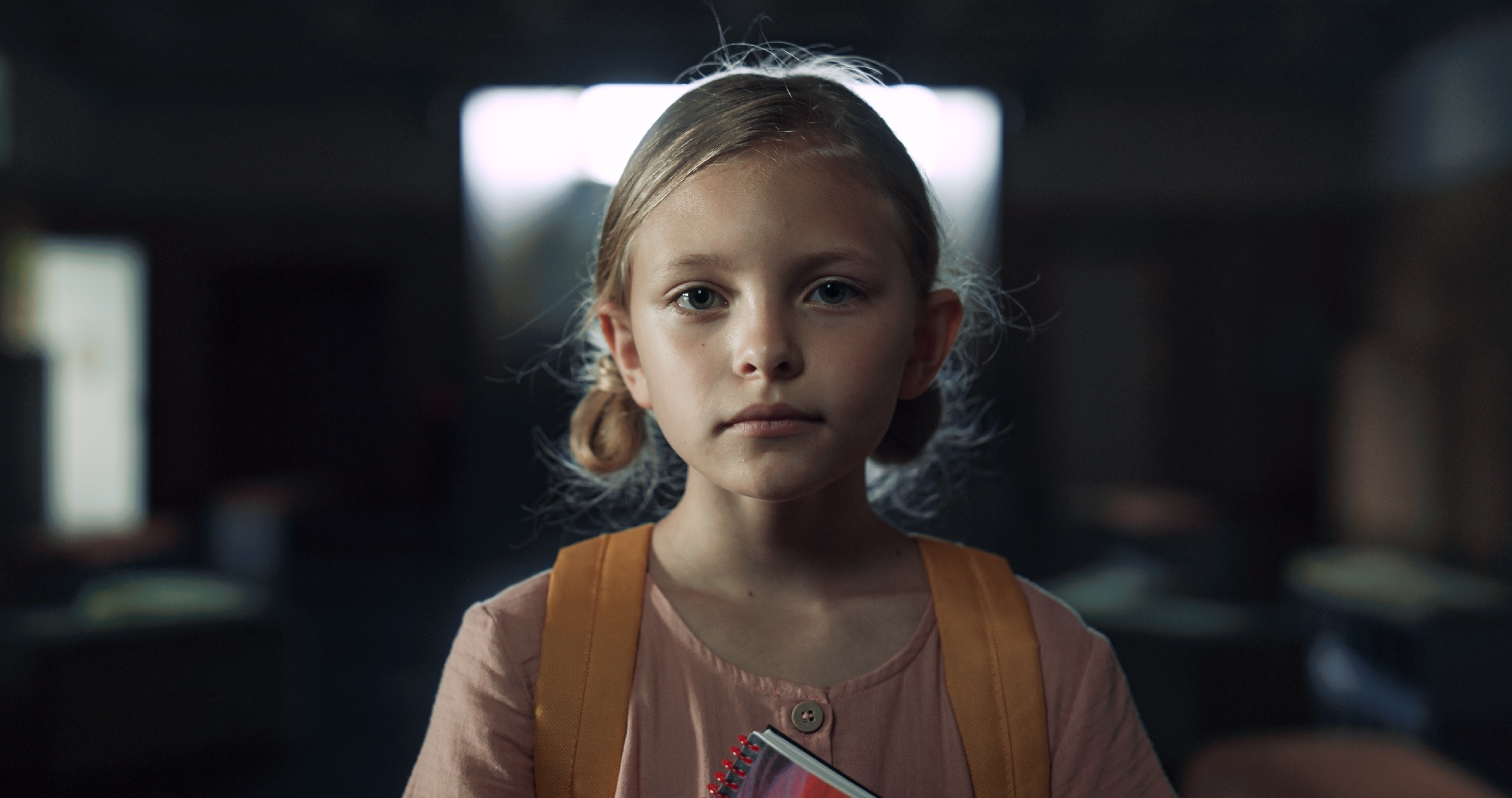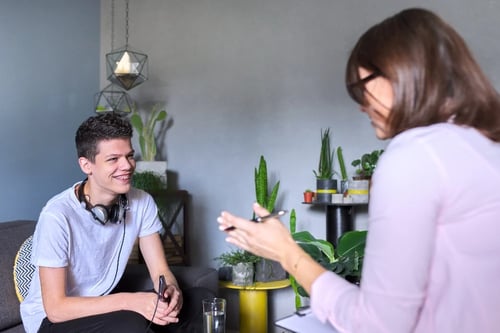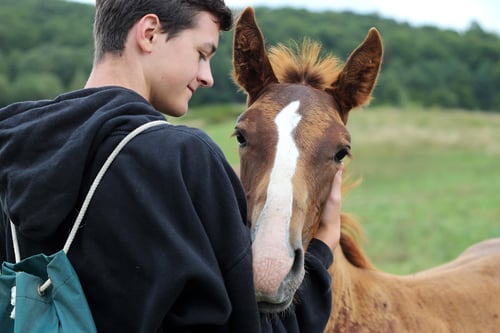Understanding How ACEs Affect Your Child’s Developing Brain
As a parent, you do everything you can to protect your child and provide a nurturing environment. However, adverse early life experiences are, unfortunately, all too common and can have lasting impacts on your child’s physical and mental health. The key is understanding how these stressful or traumatic events affect your child’s rapidly developing brain so you can find ways to foster resilience.

Table Of Content
- Early Brain Development: A Crucial Window of Opportunity
- The Human Brain's Incredible Plasticity
- How Stress Impacts the Developing Brain
- Structural Brain Changes
- Functional Brain Changes
- Cascading Developmental Consequences
- The Road Ahead
Early Brain Development: A Crucial Window of Opportunity
Early Brain Development: A Crucial Window of Opportunity
During the first few years of life, young children's brains develop at an astonishing rate, forming over 1 million neural connections every second. These connections build the foundation for future learning, health, and behavior. While this period presents an excellent opportunity for growth through enriching, stimulating activities, it also represents a window of vulnerability. Adverse childhood experiences can disrupt healthy development and have consequences that echo throughout life.
The turbulent biological, social, and academic changes defining the teenage transition contribute to significant mood disruption and hopelessness for some. Puberty sparks hormonal surges that can dysregulate emotions while peers and academics pile on social stressors.
The Human Brain's Incredible Plasticity
The Human Brain's Incredible Plasticity
Understanding how adversity shapes the developing brain helps first appreciate young minds' incredible plasticity. Plasticity refers to the brain's ability to reshape itself. A child's brain is specifically adapted to absorb information and adapt to experiences, especially social ones, in the early years. Neural networks organize and wire based on patterned input from the child's environment and interactions. With loving support, even the most disadvantaged child's malleable young brain can recover stronger after the initial damage of adversity. However, without proper care, negative impacts solidify. Informed nurturing care plays a truly decisive role.
How Stress Impacts the Developing Brain
How Stress Impacts the Developing Brain
When children experience things like abuse, neglect, violence, or family dysfunction, it triggers a biological stress response. Their bodies flood with stress hormones like cortisol and adrenaline. While this helps prepare the body to fight or flee danger in the moment, chronic or frequent activation of the stress response can damage developing biological systems and lead to permanent changes in brain structure and function when experienced consistently during the sensitive early childhood period.
Structural Brain Changes
Structural Brain Changes
Prolonged exposure to atypical stress affects the physical architecture and connectivity of the developing brain at multiple levels:
Macroscale Changes: Scans reveal that children who endure adversity have smaller brain volumes, including shrinkage of high-level regions vital for regulation, memory, learning, and behavior. Subcortical areas and the prefrontal cortex are especially impacted.
Microscale Changes: At the neuronal level, adversity interferes with synapse formation, the pruning process, and myelination - compromising efficient neurotransmission. It also disrupts neurotrophins crucial for growth, differentiation, and neuron survival.
Connective Changes: Maps of neural connections show a loss of white matter integrity after early trauma. The networks between regulatory hubs degrade while those governing fear and anxiety strengthen. This mars efficient coordination.
Functional Brain Changes
Functional Brain Changes
Beyond visible shrinkage and damaged connections, scans also reveal how adversity shifts how affected subregions of children's brains operate day to day:
Metabolic Changes: PET imaging indicates adversity substantially alters neural metabolism in areas like the limbic system and frontal lobe. Different activation patterns emerge.
Network Alterations: Functional connectivity mapping displays reduced coordination and information flow between regulatory regions - especially links to executive control hubs like the PFC. This impairs self-regulation capacity.
Reactive Reshaping: fMRI scans confirm that affected networks governing emotional processing, vigilance, and survival responses become hyperreactive. Those supporting higher cognition dampen. Stress hormones enhance neural fear circuits.
Neurochemical Dysfunction: Adversity also interferes with healthy neurotransmission dynamics. Lower serotonin, GABA, and neuropeptides accompany higher stress neurotransmitters - contributing to mood, social, learning, and behavior problems.
The parasitic impacts of unaddressed early life stress restructure children's foundational neural frameworks, undermining coping resources precisely when they are needed most to buffer further distress.
Cascading Developmental Consequences
Cascading Developmental Consequences
These pervasive biological disruptions from adversity undermine emerging capacities like emotional control, decision-making, impulse regulation, planning, and relational abilities. Difficulties then reverberate over time, contributing to further issues:
Mental Health Problems
The altered neurological and biochemical substrates mentioned above increase the risk for mood, anxiety, personality, psychotic, and addiction disorders across life. This is especially true if stress persists and support stays low.
Cognitive Impairments: Connectivity disruptions, shrinkage, and chemical imbalance in developing hubs hamper abilities like memory, comprehension, and critical analysis throughout school years - limiting educational prospects.
Social Struggles:
Emotional dysregulation, reactive aggression, withdrawn behavior, and flattened affect fracture peer and family bonds - fueling a painful cycle of rejection and isolation. Stigma persists.
Unhealthy Behaviors: Poor top-down control paired with heightened bottom-up emotional drives foster substance abuse, violence, recklessness, and self-harm tendencies. Youth especially seek regulation.
Lifelong Health Problems: Toxic stress literally "gets under the skin" through epigenetics, immune system, and endocrine effects - laying the groundwork for inflammation, infections, metabolic issues, organ damage, and cardiovascular disorders.
Without intervention, adverse impacts spread across children's rapidly evolving worlds, like the expanding ripples from many pebbles tossed into the water, compounding risk trajectories. Fortified systems amplify dysfunction exponentially across life domains, relationships, health, and opportunity - making it harder for kids to reach their developmental potential.
The Road Ahead
The Road Ahead
Despite the early neurological insult, children's brains retain the capacity for remarkable adaptation and healing when subsequently cared for in timely, sensitive, scientifically-informed ways personalized to their needs. Early plasticity permits neural rewiring and laying the groundwork for eventual tertiary recovery through careful second-chance restorative work. Understanding vulnerabilities and brain resilience can help guide your child toward brighter outcomes moving forward. With wise support, healthier development is still achievable through forging new pathways in brave young minds. There is always hope.
Related
Let Idaho Youth Ranch help your teen
Teen Counseling
Our masters-educated and trained therapists and counselors have the experience your young person needs to find healing.
Family Counseling
Idaho Youth Ranch can help your family reconnect, open up lines of communication, and build more positive relationships.
Group Counseling
Group therapy helps young people, ages 9 to 24, to address trauma, dangerous behaviors, troubling feelings or experiences.
Equine Therapy
Working with horses has been a proven method of emotional recovery and one of the unique services offered by Idaho Youth Ranch.


.webp?width=500&height=334&name=Idaho%20Youth%20Ranch%20Family%20Counseling%20(1).webp)

